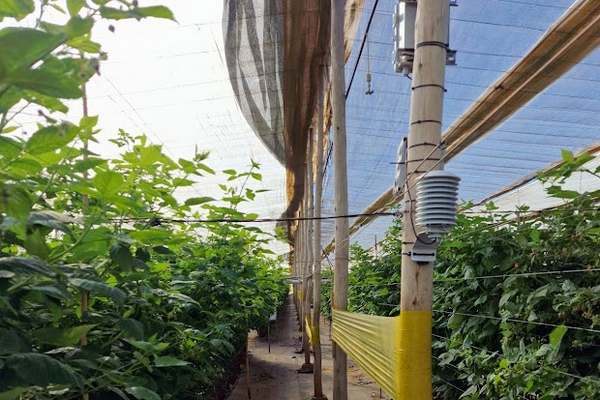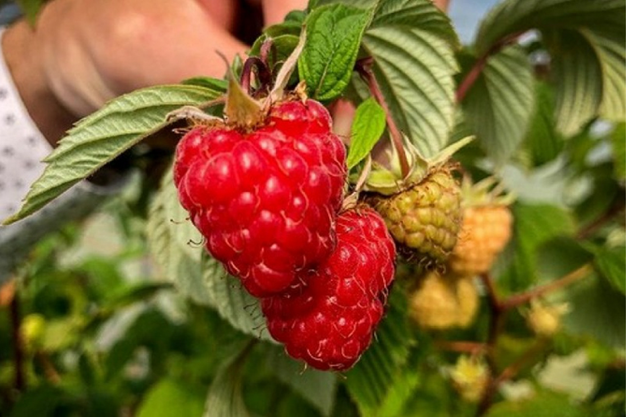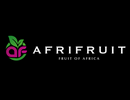As indoor berry production takes the horticultural industry by storm, growers and consumers are both trying to balance two things: cost and quality. In North America, the question is how you provide consumers with a local berry at the price of imported Californian & South American berries. In Europe, there is a similar question about the competition between producers in Africa, South America, and Iberia.
Amidst the competition in the European market, Moroccan berry producer Afrifruit is set on providing consumers with the highest quality berries, while "its core business focus is producing the best berries at the lowest cost, and in the most sustainable way," says Mohamed Moufti, Managing Director at Afrifruit.
Mohamed has been the managing director since 2019, a time when the company changed both its strategy and its name. Afrifruit rebranded and now specializes in the production of raspberries, blueberries, and blackberries in both Agadir and Moulay Bousselham regions in Morocco. Also, in late 2019, Afrifruit joined forces with Tana Africa Capital (TANA), a pan-African investment fund. Afrifruit currently produces berries over 350 Ha hectares, for a total volume of over 4000 Tons.

The Afrifrut facility in Moroc (Photo credits: Freshplaza.com)
Managing risk during hot Moroccan summers
As Mohamed explains, this summer is a very difficult one due to extreme heat and water shortages leading to crop losses. While the good prices were ripe for the picking, the berries were not.
"In agriculture, every year is something different. Last year, it was high volumes and low prices. This summer, we have high prices and low volumes, mainly due to temperature. Managing the risks is key in a job linked to weather, water, etc. And we believe we are doing what needs to be done," says Mohamed.
One of the risk mitigation strategies implemented by Afrifruit is investing in the right infrastructure. While Afrifruit's greenhouses are less sophisticated than high-tech Dutch greenhouses, the company relies on its employees to know when and how to use shading nets and manage the greenhouse climate through ventilation and fogging. Afrifruit is also growing hydroponically to optimize water use and is interested in additional water-saving technologies like reverse osmosis and advanced smart monitoring tools.

Morocco is well-positioned for the global horticultural trade
Afrifruit is mainly selling to Europe but also supplies the Middle and Far East by air transportation. As Mohamed notes, agricultural commodities are shipped in from all around the world, and while these products may be offered at a lower price, this lower price often comes at the expense of quality as greater distances traveled naturally reduce the product quality while also subjecting it to further degradation in the event of freight delays. And while Egypt is a strong competitor to Morocco in the strawberry segment, Mohamed maintains that Moroccan produce still has an advantage in the berry industry.
"Egypt has better access to cheap labor and water, but Morocco still has closer access to Europe and more know-how and technology. They are catching up, but I don't believe they will be immediately a threat to Morocco," explains Mohamed.
Looking ahead to Afrifruit's expansion plans, Mohamed notes that the company is very optimistic despite expecting a tough second quarter with the spring peak. Consumers now understand the benefits of fresh berries and are seeking out berries throughout the year.
"While the second quarter is generally tough, we believe our first quarter in 2024 will be good, and the future of this industry is quite bright. Since the market tends to stabilize at the level of the most competitive operator, we need to have the right quality at the right cost, and that is the core business that we focus on," says Mohamed.
 For more information:
For more information:
Afrifruit
Mohamed Moufti, General Director
[email protected]
https://afrifruit.ma/fr
